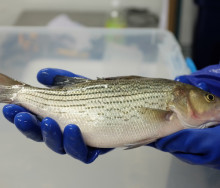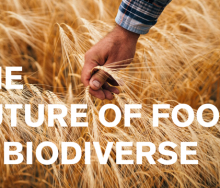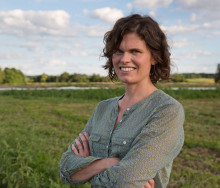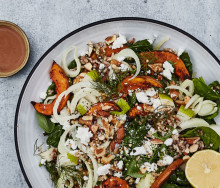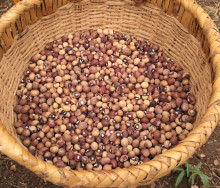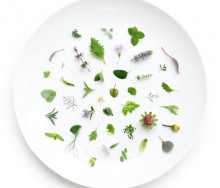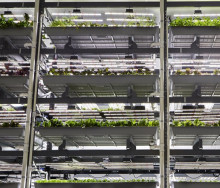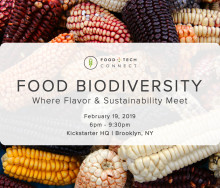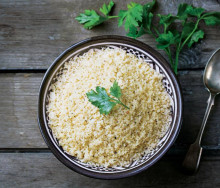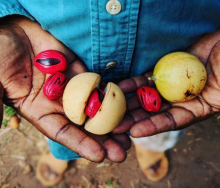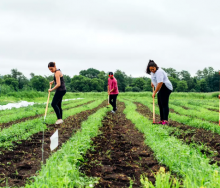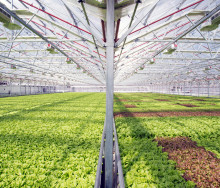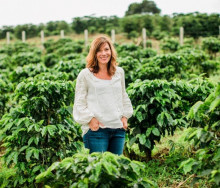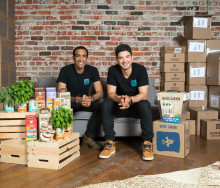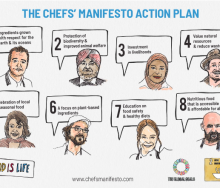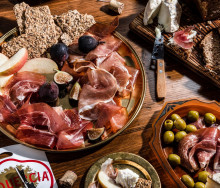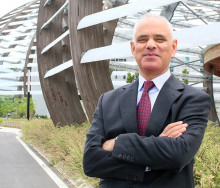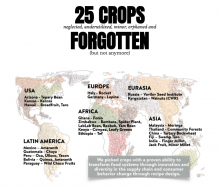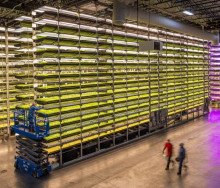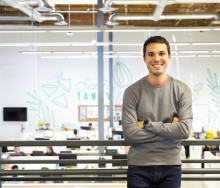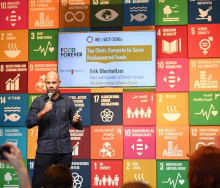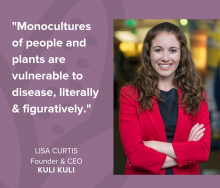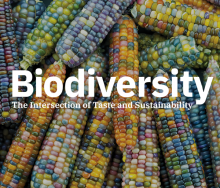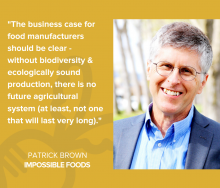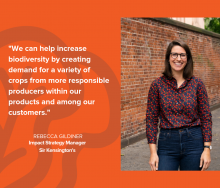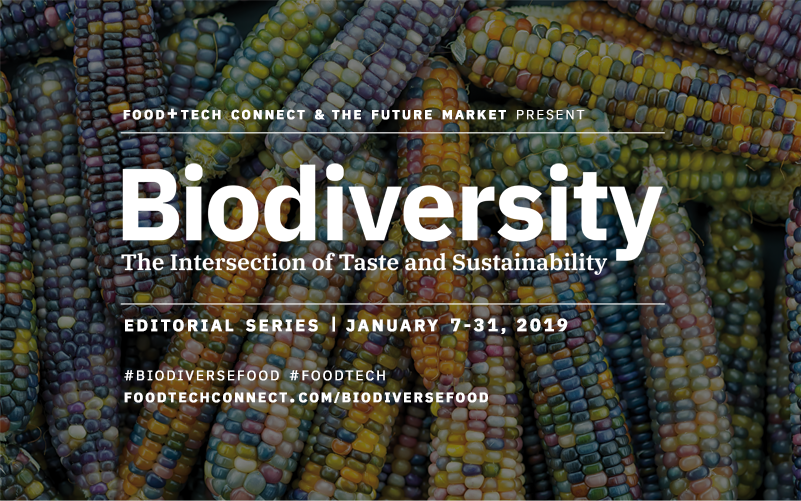
The food industry has increasingly prioritized sustainability, as eaters care more about where and how our food is produced, as well as who produces it. There is even growing interest around soil health and the potential for agriculture to regenerate the health of the planet, not just sustain the status quo. There has been far less attention, however, to the diversity of what’s being grown.
About 75 percent of the world’s food comes from just 12 plants and 5 animal species. Almost half of our plant-derived calories come from just three foods: wheat, corn and rice. While estimates vary, it is believed that there are over 30,000 edible plants, and we only eat 150 of them. Thirty percent of livestock breeds are at risk of extinction, and six breeds are being lost each month.
This concentration around just a few food sources puts our food system at risk, as evidenced by the story of the Cavendish Banana and The Irish Potato Famine. It also robs eaters of awesome, nutrient dense foods and flavor experiences.
How did we get here? Historically, the food industry prioritized commoditization, mass yield, and uniformity over flavor, nutrition, and sustainability. As a result, we are losing plant and animal species at an alarming rate, while diet-related disease, obesity, and micronutrient deficiencies are on the rise.
Now, we as an industry have a chance and a responsibility to make things right.
The Future of Food is Biodiverse: Where Flavor and Sustainability Meet
Building a food industry that promotes agrobiodiversity – the variety and variability of plants, animals, microorganisms and biocultural systems linked to agriculture and food – makes our food system more sustainable and allows us to delight eaters with new and exciting foods from a diverse set of cultures.
As an industry, agrobiodiversity ensures supply chain resiliency and food security by safeguarding the genetic material needed to ensure crops can evolve in the face of pests and disease, climate change and extreme weather. A biodiverse food system also supports economic development, enables greater dietary diversity, which leads to better health, and helps preserve cultural traditions, techniques, and flavors.
39+ Industry Leaders Explore Biodiversity in Food
Intellectually, you might agree with our premise that the future of food is biodiverse, but what does it mean in practice?
To help us understand what a biodiverse food industry looks like, we’ve partnered with The Future Market to host an editorial series from January 7-31 inviting leading CEOs, executives, farmers, investors and researchers to share insight into their thoughts and strategies for supporting biodiversity in food. Check out our interviews below. See the full list of participants here.


